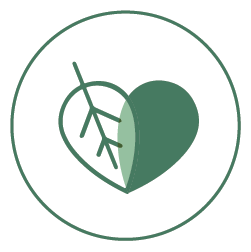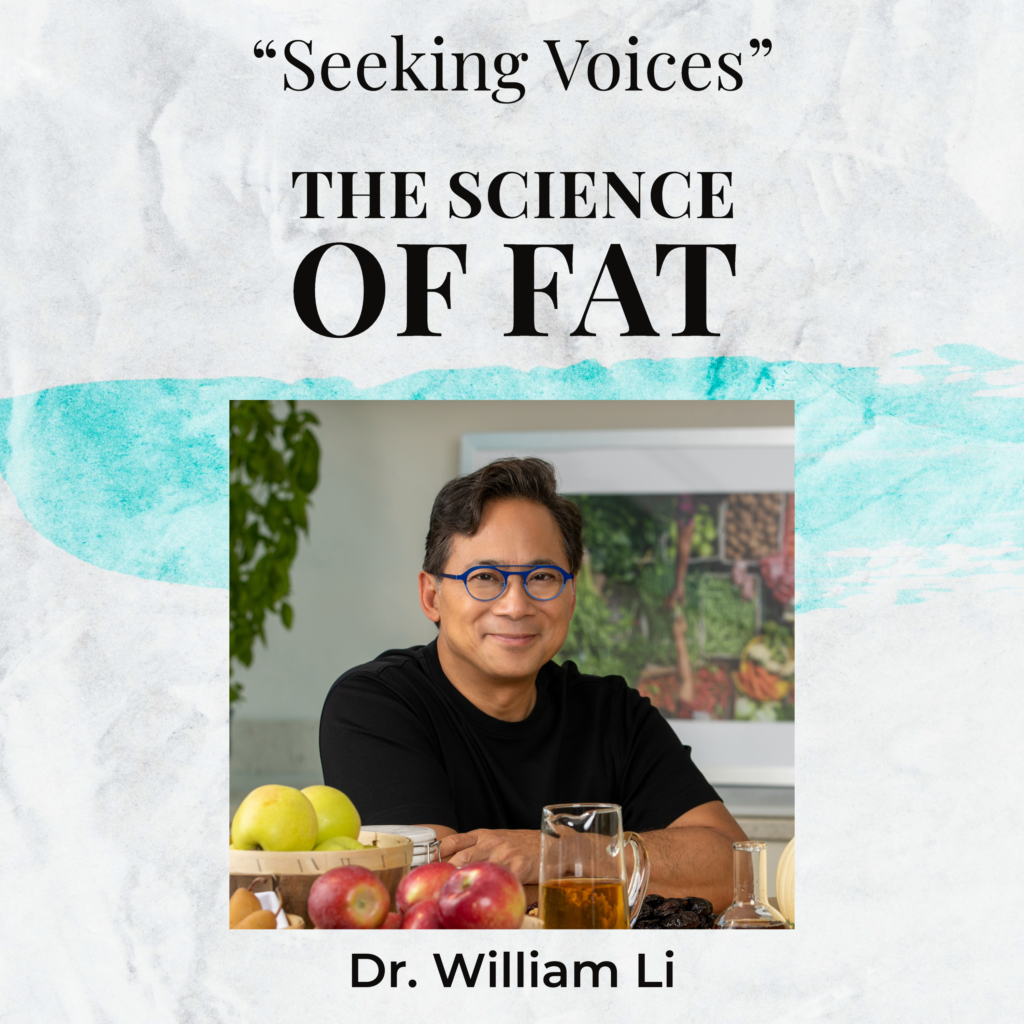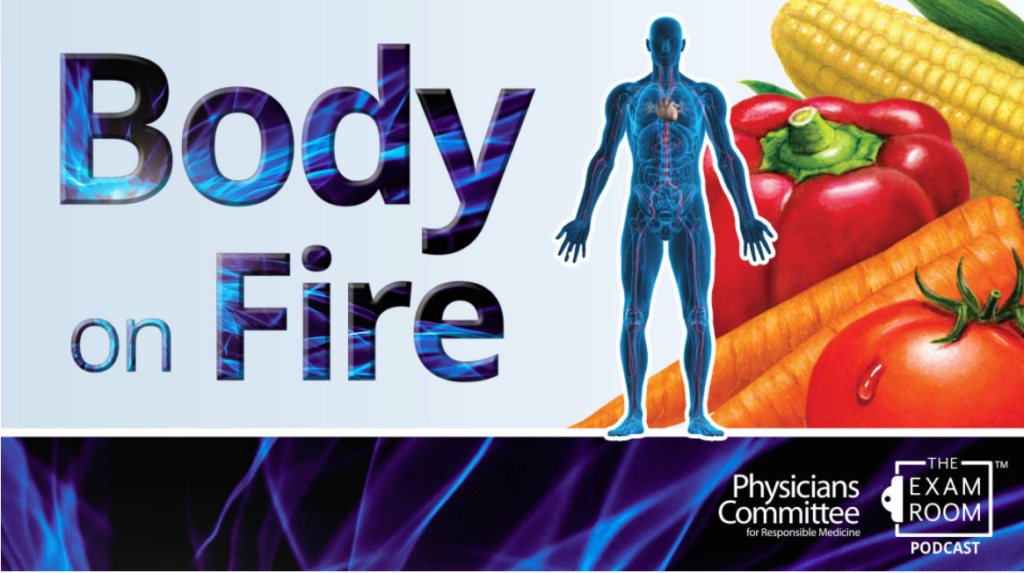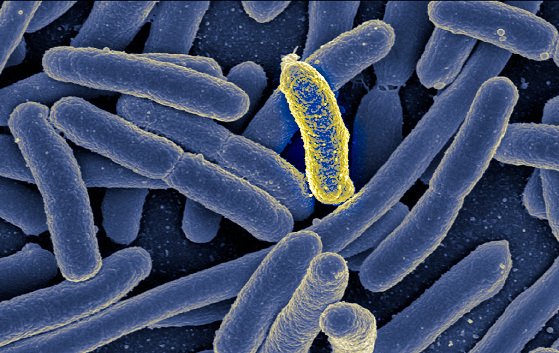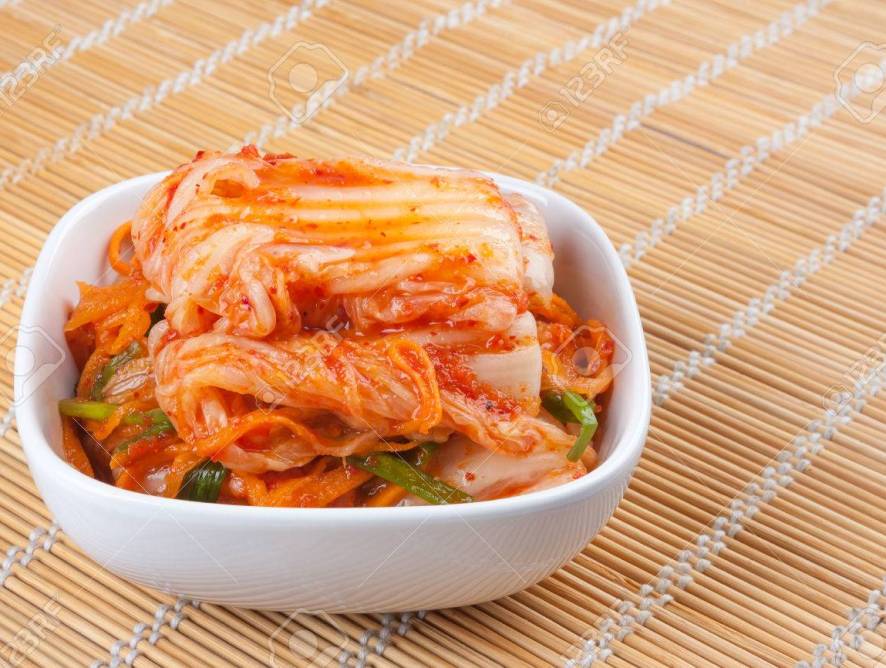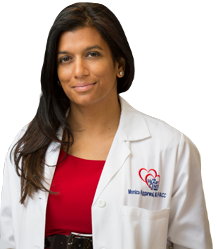The Science of Fat with Dr. William Li
Have you ever wondered about why you can’t lose weight? Have you thought that your metabolism is just too slow to lose weight?
Join me as I speak to Dr. William Li, physician, scientist and bestselling author of “Eat to Beat Disease: The New Science of How Your Body Can Heal Itself” and “Eat to Beat Your Diet: Burn Fat, Heal Your Metabolism, and Live Longer”
Key Areas We Discuss
Dr. William Li’s book: Eat to Beat your diet. How to lose weight by eating healthy foods. How losing weight will help you live a longer life.
What is metabolism and is there such a thing as a fast and slow metabolism?
Fat has a negative connotation. What are preadipocytes and adipocytes? What happens when your preadipocytes become overactive? Why is fat important?
Are there foods that rein in your preadipocytes?
How does fat related to regeneration?
How is fat tied to the gut?
What is the gut bug akkermansia mucinophila? What increases that in our body?
What is visceral fat versus subC fat? What do these look like on the body? Is one better than the other? Why?
About Dr. William Li:
William W. Li, MD, is an internationally renowned physician, scientist and author of the New York Times bestseller “Eat to Beat Disease: The New Science of How Your Body Can Heal Itself.” His groundbreaking research has led to the development of more than 30 new medical treatments that impact care for more than 70 diseases including diabetes, blindness, heart disease and obesity. His TED Talk, “Can We Eat to Starve Cancer?” has garnered more than 11 million views. Dr. Li has appeared on Good Morning America, CNN, CNBC, Rachael Ray and Live with Kelly & Ryan, and he has been featured in USA Today, Time Magazine, The Atlantic, O Magazine and more. He is President and Medical Director of the Angiogenesis Foundation, and he is leading global initiatives on food as medicine. His newest book New York Times bestseller, “Eat to Beat Your Diet: Burn Fat, Heal Your Metabolism, and Live Longer,” was released March 21, 2023.
The Science of Fat with Dr. William Li Read More »

